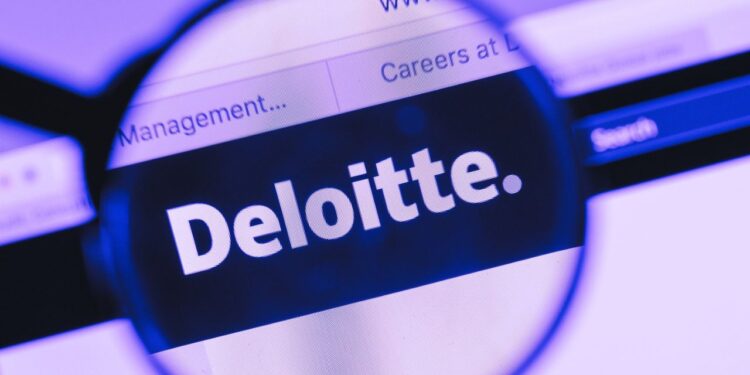Deloitte’s deployment of its generative artificial intelligence chatbot, “PairD,” to 75,000 employees across Europe and the Middle East is a notable AI use-case in the landscape of professional work environments.
The ongoing rollout of the chatbot, as reported by the Financial Times, is not just about increasing productivity, but also about reshaping how tasks are approached in the corporate world. According to the report, PairD was developed internally by Deloitte’s AI institute and is designed to assist employees in creating PowerPoint presentations, writing emails, coding, and other tasks.
The chatbot is a clear indication of the growing reliance on AI tools and technologies in the professional services industry. Deloitte’s choice to develop its tool in-house reveals a commitment to establish personalized, tailored AI solutions for the firm.
However, the introduction of such technology is not without its challenges. According to the Financial Times, Deloitte has cautioned its staff about the potential inaccuracies in the information generated by PairD — emphasizing the need for human oversight and quality assurance. This is a reminder that the integration of AI tools requires a balance between automation and human expertise.
In the future, AI tools like PairD will redefine job roles, requiring employees to learn new AI-related skills. Deloitte’s requirement for employees to complete a training module before accessing PairD is a vital step for continuous learning and adaptation in the AI-augmented workplace.
Additionally, the adoption of AI in the professional services industry is partly driven by economic pressures, as professional service firms including Deloitte, EY, KPMG, and PwC seek cost reductions amid an uncertain economic climate. This development makes it clear that AI deployment into professional work environments will continue to expand this year, driven by both technological advancements and economic incentives.



 Dr. Gleb Tsipursky – The Office Whisperer
Dr. Gleb Tsipursky – The Office Whisperer Nirit Cohen – WorkFutures
Nirit Cohen – WorkFutures Angela Howard – Culture Expert
Angela Howard – Culture Expert Drew Jones – Design & Innovation
Drew Jones – Design & Innovation Jonathan Price – CRE & Flex Expert
Jonathan Price – CRE & Flex Expert











